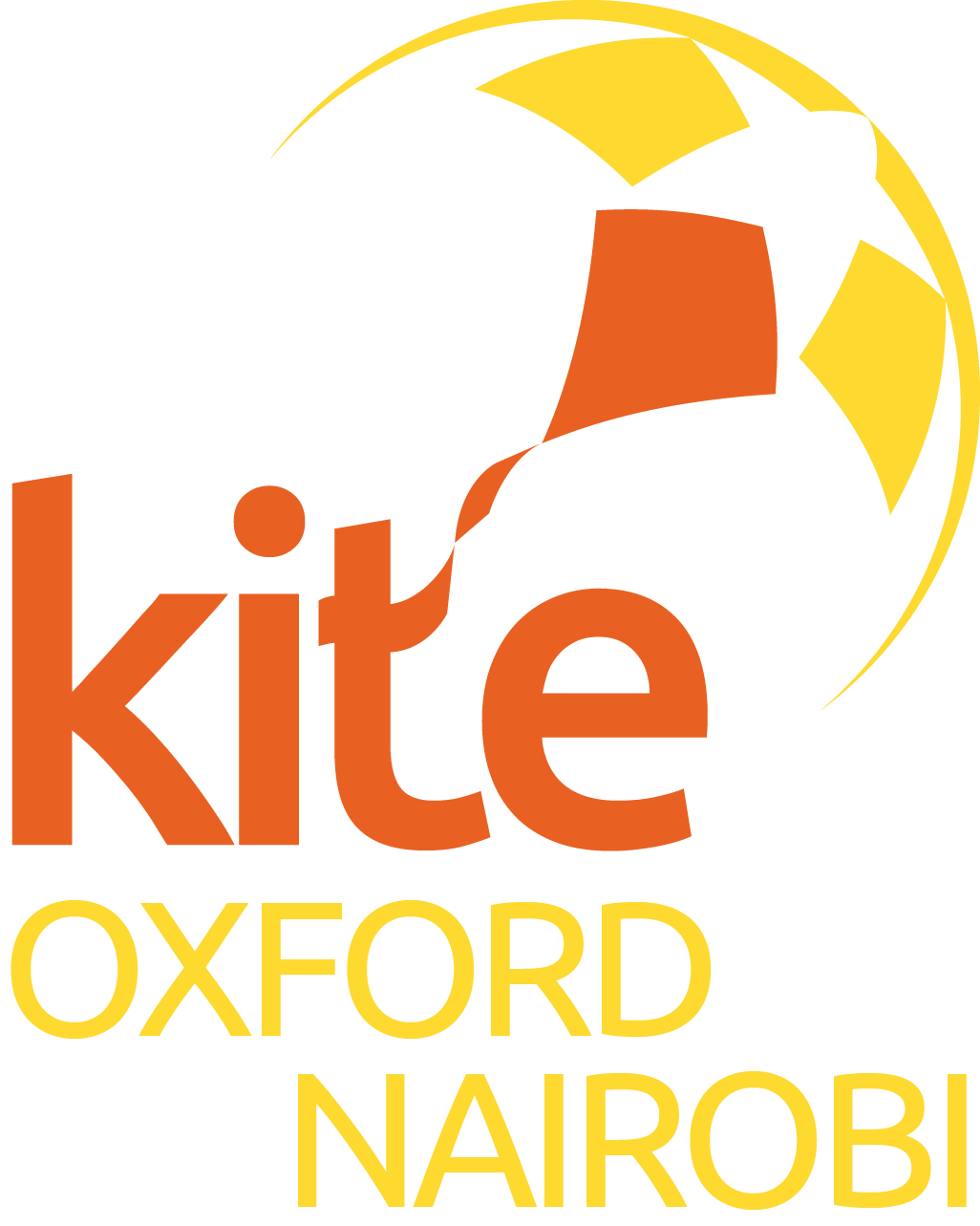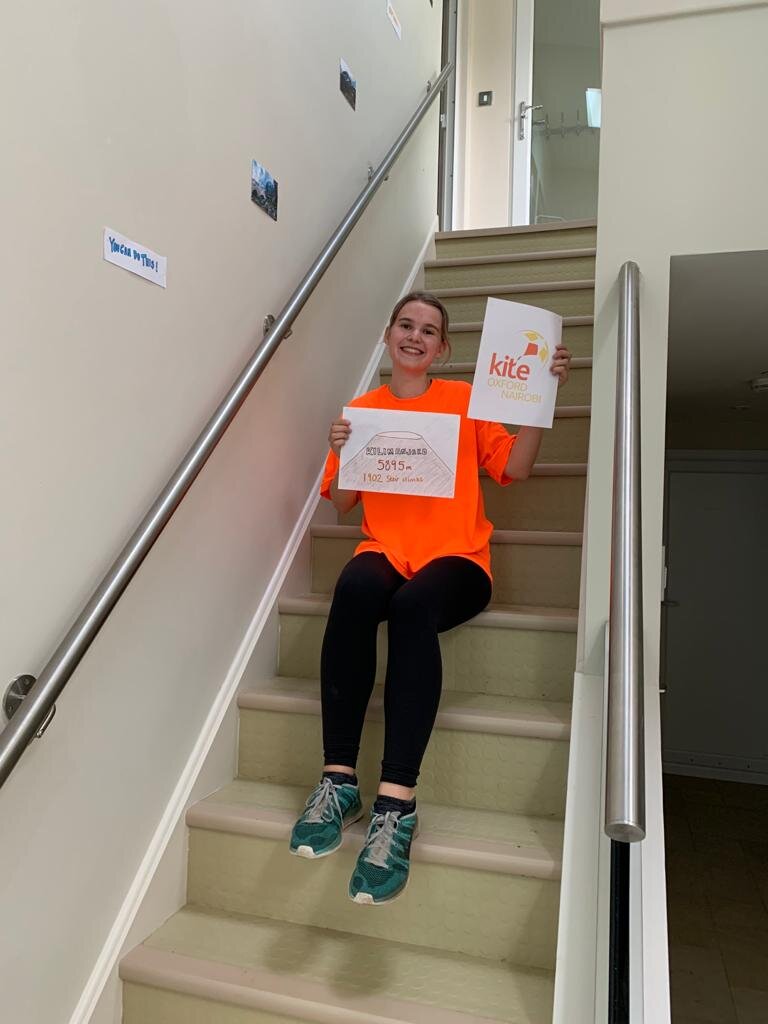“Volunteering is the ultimate exercise in democracy. You vote in elections once a year, but when you volunteer, you vote every day about the kind of community you want to live in”
~Author Unknown
A section of the Kite Oxford Nairobi Organisation
Programs involving student volunteering and service learning are aimed at encouraging civic behavior among young people. Volunteering to help sections of the community cope better within their respective environments and situations doesn’t necessarily mean you have enough time on your hands. The smallest act of kindness is worth more than the grandest intention. Volunteering helps you get in touch with sections of the population that do not form topics brought to the table most of the time. It keeps you in touch with your humane side and reminds you what it means to be human.
This is what Kite Oxford Nairobi is built on. We aim to provide students with a platform where they can be themselves and still be part of the decision-making process in the community. The platform allows them to interact with their fellow peers as well as other established organizations from the social to the professional level. All this is achieved through interactions, projects and fundraising activities.
Why should you volunteer?
Volunteering while at university improves well-being by establishing a positive regular routine alongside studying and socialising. It acts as an activity that breaks the monotony by giving you a chance to explore other aspects of life. Students contribute significantly to the wider community through the hours they give to groups and organizations through formal and informal volunteering.
A chance to help others
Volunteering gives you a chance to improve the conditions and situations that some people experience. A significant number of students who volunteer with Kite have shown the desire to work with organizations aimed at improving the survival or living standards of people. It could be the community as a whole or sections of the community like youths, girls, or even women. Volunteering gives individuals a chance to make a difference in a community as they develop a diversity of skills through getting involved with the projects on the ground.
Kite Oxford Nairobi Mentorship Program (one on one mentorship sessions)
A chance to help others
Volunteering gives you a chance to improve the conditions and situations that some people experience. A significant number of students who volunteer with Kite have shown the desire to work with organizations aimed at improving the survival or living standards of people. It could be the community as a whole or sections of the community like youths, girls, or even women. Volunteering gives individuals a chance to make a difference in a community as they develop a diversity of skills through getting involved with the projects on the ground.
A visit to Bomas Of Kenya (Heritage site) under the mentorship project
Creating awareness
Student volunteers make a significant contribution to organizations and the wider community, especially through the skills and enthusiasm they bring to tasks and the hours they put in while volunteering with groups and organizations. Student volunteering develops community awareness and helps students integrate into the local communities outside of university life. Our Kite Oxford Nairobi, are based on research focused on issues that have been neglected or ignored by the responsible bodies. Mentoring projects, for instance, have helped university students interact with the high school community including parents and teachers. It has also helped high school students be more expressive about the issues that affect them. Students are able to come up with strategies that are aimed at making high school life bearable and smooth-sailing, through exposing students to more options and alternate ways of dealing with challenging situations rather than dropping out or engaging in irresponsible behaviors.
Social Networking
Finally, volunteering provides a great opportunity to meet people with similar interests and feel part of a larger community. One of the best ways to make new friends and strengthen existing relationships is to commit to a shared activity together. Volunteering is a great way to meet new people, especially if you are new to an area. Social networks are at the centre of providing quality standards and reliable opportunities to invest and benchmark even more diverse professional outlets. Dedicating your time as a volunteer helps you make new friends, expand your network and boost your social skills.
Through shared activities and projects, Kite Oxford Nairobi has been able to bring together university students across Nairobi and enable them to collaborate together as well as with those from Oxford University.
Kite Oxford Nairobi Mentors (university students in Nairobi, Kenya)
This, in one way or another, strengthens social ties within and beyond the local communities exposing volunteers to people with common interests, neighborhood resources and fun and fulfilling activities.
Different people choose to engage in volunteer work for different reasons as different organizations and projects require different responsibilities. It is important for you to volunteer together and in environments that bring you comfort, joy, satisfaction and a reputable organization.
Written by Stellah E.
Stellah E.A is the Head of Publicity and Outreach- Kite Nairobi
























































